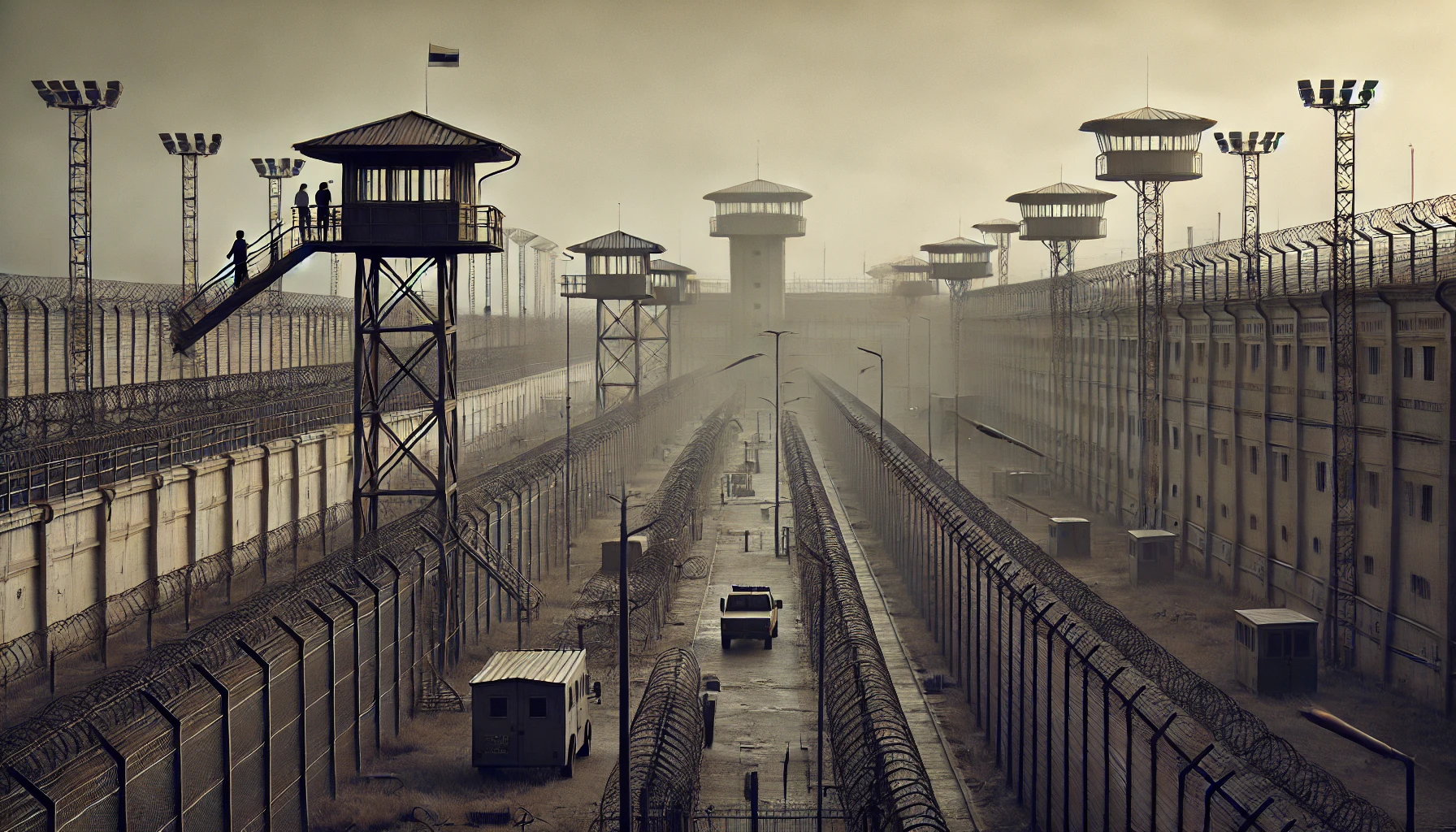On July 19th, a Russian court sentenced American journalist Evan Gershkovich to 16 years in a high-security penal colony. Gershkovich, who works for The Wall Street Journal, was found guilty of espionage, a charge widely dismissed outside Russia as baseless and politically motivated.
Background
Evan Gershkovich, 32, was arrested more than a year ago in the city of Yekaterinburg while on a reporting assignment. Russian authorities accused him of gathering secret information on behalf of the U.S. Central Intelligence Agency, a claim he, his employer, and the U.S. government have consistently denied.
Trial and Conviction
The trial, which began last month, was conducted behind closed doors and concluded swiftly, with only three hearings. The Sverdlovsk Regional Court’s Judge Andrei Mineyev presided over the case. During the trial, Russian prosecutors alleged that Gershkovich collected secret information about a defense enterprise involved in military equipment production. Despite the severity of the charges, no public evidence was provided to substantiate the claims.
Reactions
The Wall Street Journal and the U.S. government have strongly condemned the conviction. “This disgraceful, sham conviction comes after Evan has spent 478 days in prison, wrongfully detained, away from his family and friends, prevented from reporting, all for doing his job as a journalist,” stated Almar Latour, the Publisher, and Emma Tucker, the Editor in Chief of The Wall Street Journal. They vowed to continue efforts to secure Gershkovich’s release, emphasizing, “Journalism is not a crime, and we will not rest until he’s released. This must end now.”

President Joe Biden also denounced the conviction, affirming Gershkovich’s innocence and highlighting the injustice of his detention. “As I have long said and as the United Nations also concluded, there is no question that Russia is wrongfully detaining Evan. Journalism is not a crime,” Biden stated. He assured that the White House is “pushing hard” for Gershkovich’s release.
Potential for a Prisoner Swap
Speculation about a possible prisoner exchange has intensified following the expedited nature of Gershkovich’s trial. Russian Foreign Minister Sergei Lavrov mentioned discreet talks between the U.S. and Russia regarding a potential swap, though Kremlin spokesman Dmitry Peskov declined to comment on the matter.
Appeals and Future Steps
Gershkovich’s defense team has 15 days to appeal the sentence. If the appeal is unsuccessful, he will be transferred to a high-security penal colony. The case has drawn significant international attention, with many viewing it as a stark example of President Vladimir Putin’s crackdown on press freedom and political dissent.
Conclusion
Evan Gershkovich’s sentencing marks a troubling moment for journalists worldwide, highlighting the dangers faced by those reporting in hostile environments. The international community continues to call for his release, emphasizing the fundamental right to freedom of the press.
This article is based on the following articles:

Background Information
Who is Evan Gershkovich?
Evan Gershkovich is a 32-year-old American journalist who worked for The Wall Street Journal, a major international newspaper. He moved to Russia in 2017 to cover news and events in the country. Gershkovich grew up in the United States, but his parents had emigrated from what was then the Soviet Union.
What is Espionage?
Espionage, often referred to as spying, involves secretly gathering information about a country or organization without permission, usually for political or military purposes. Espionage is considered a serious crime, especially when it involves national security. Gershkovich was accused of spying for the United States, although these charges have been widely disputed.
Understanding the Russian Judicial System
In Russia, once a person is charged with a crime, it is very difficult to be found not guilty. Trials, especially those involving political or espionage charges, often result in convictions. This has led to criticisms that the Russian judicial system is used to silence political dissent and control the media.
U.S.-Russia Relations
The relationship between the United States and Russia has been tense for many years, especially since the Cold War, which was a period of geopolitical tension between the Soviet Union (now Russia) and the United States and their respective allies. This tension has continued with various incidents and conflicts, including recent issues such as Russia’s actions in Ukraine and accusations of election interference.
Prisoner Exchanges
A prisoner exchange is a deal between two countries where they agree to swap prisoners, often to free their own citizens held in the other country. These deals are usually negotiated quietly and can involve complex diplomatic discussions. Speculation about a possible prisoner exchange for Gershkovich indicates ongoing negotiations between the U.S. and Russia.
Freedom of the Press
Freedom of the press is the right of journalists to report news without being censored or restricted by the government. This principle is essential for a democratic society because it ensures that citizens are informed about what is happening in their country and the world. When journalists are imprisoned for their work, it raises serious concerns about press freedom and human rights.
Political Motivation in Legal Cases
A politically motivated legal case is one where the charges and trial are influenced by political interests rather than being based on solid evidence and a fair legal process. Many observers believe that Gershkovich’s case is politically motivated because it targets a journalist reporting on sensitive issues in Russia, which could be seen as a threat to the Russian government.
The Role of International Media
International media organizations like The Wall Street Journal play a crucial role in providing news from around the world. They often have correspondents in various countries to cover important events and issues. When these journalists are targeted or silenced, it limits the flow of information and affects global understanding of events.
Key Points to Remember
- Evan Gershkovich is an American journalist sentenced to 16 years in Russia on espionage charges.
- Espionage is the act of spying or secretly gathering information, often for political reasons.
- The Russian judicial system has been criticized for its high conviction rates and political influence.
- U.S.-Russia relations have been tense for decades, affecting various diplomatic and legal matters.
- Prisoner exchanges involve swapping prisoners between countries, often after complex negotiations.
- Freedom of the press is essential for democracy and is threatened when journalists are imprisoned.
- Politically motivated cases use the legal system to target individuals for political reasons.
- International media is vital for global news and information, and targeting journalists impacts press freedom.

Debate/Essay Questions
- How does the detention of journalists affect the public’s right to be informed about global events?
- How do politically motivated legal cases impact international relations and global perceptions of justice?
Please subscribe to Insight Fortnight, our biweekly newsletter!
